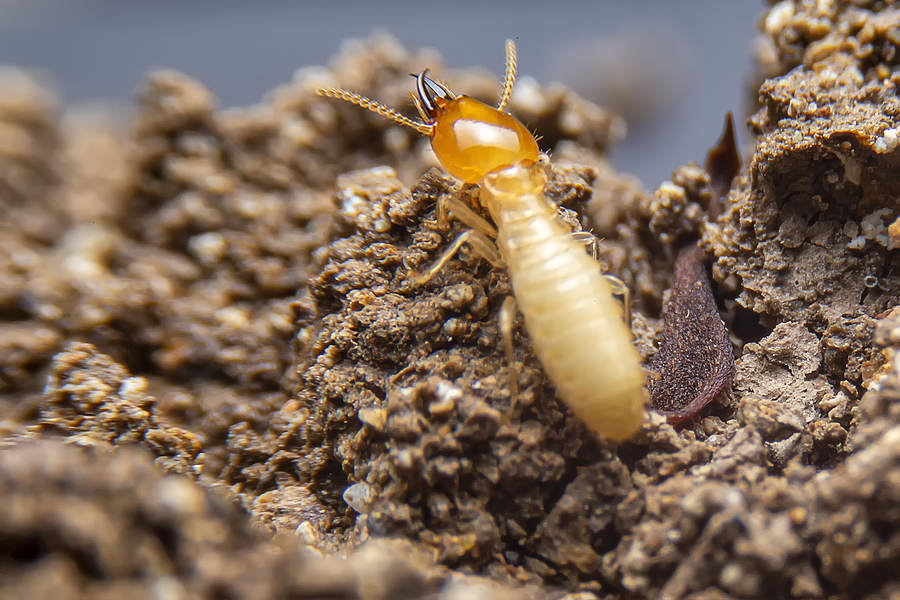Some Common Summer Pests and how can They be Managed

Common summer pests vary depending on location and environmental conditions, but some pests are prevalent in many regions during the warmer months. Here are some common summer pests and strategies for managing them:
Mosquitoes: Mosquitoes thrive in warm, humid environments and are known for their itchy bites. To manage mosquitoes, eliminate standing water where they breed by emptying bird baths, flower pots, and clogged gutters. Use mosquito repellents containing DEET, wear long sleeves and pants when outdoors, and install screens on windows and doors to prevent entry.
Flies: Flies are attracted to food waste, animal waste, and decaying organic matter. Keep indoor and outdoor areas clean and free of food debris, use fly traps or flypaper to capture flies, and seal cracks and openings where flies can enter buildings.
Ants: Ants are common pests in summer, especially around food sources and moisture. Keep kitchen counters clean, store food in sealed containers, and promptly clean up spills and crumbs. Use ant baits or deterrents to control ant colonies, and seal entry points to prevent ants from entering buildings.
Wasps and Hornets: Wasps and hornets can be aggressive and sting if threatened. Remove nests located near buildings or high-traffic areas, but do so carefully to avoid provoking the insects. Use insecticidal sprays or dusts labeled for wasp and hornet control, and wear protective clothing and equipment when treating nests.
Ticks: Ticks are active in summer and can transmit diseases such as Lyme disease and Rocky Mountain spotted fever. Avoid tick-infested areas like tall grass and wooded areas, wear long sleeves and pants, use insect repellents containing permethrin, and conduct tick checks after spending time outdoors.
Fleas: Fleas can infest pets and homes, causing discomfort and irritation. Treat pets with flea preventatives recommended by veterinarians, vacuum carpets and furniture regularly, wash pet bedding and blankets in hot water, and use flea control products labeled for indoor use to eliminate flea populations.
Bed Bugs: Bed bugs can be a year-round problem but may be more prevalent in summer due to increased travel. Inspect hotel rooms and luggage for signs of bed bugs when traveling, wash and dry clothing on high heat after returning home, and use mattress and furniture encasements to prevent bed bug infestations.
Mice and Rats: Rodents can be attracted to food sources and shelter in homes and buildings. Seal cracks and openings where rodents can enter, store food in rodent-proof containers, and use traps or bait stations to control rodent populations. Keep outdoor areas clean and free of clutter to discourage nesting.
Cockroaches: Cockroaches are often found in warm, humid environments and can contaminate food and spread disease. Keep kitchens clean and free of food debris, seal cracks and openings where cockroaches can enter, and use baits or insecticides labeled for cockroach control.
Bees and Bumblebees: Bees and bumblebees are beneficial pollinators but can become a nuisance if their nests are located near buildings or high-traffic areas. Contact a professional beekeeper or pest control operator to relocate nests safely, and avoid disturbing bees to prevent stings.
Integrated pest management (IPM) techniques, which combine multiple strategies such as sanitation, exclusion, biological controls, and chemical treatments as needed, can be effective for managing summer pests while minimizing environmental impact and health risks.
Thank you,